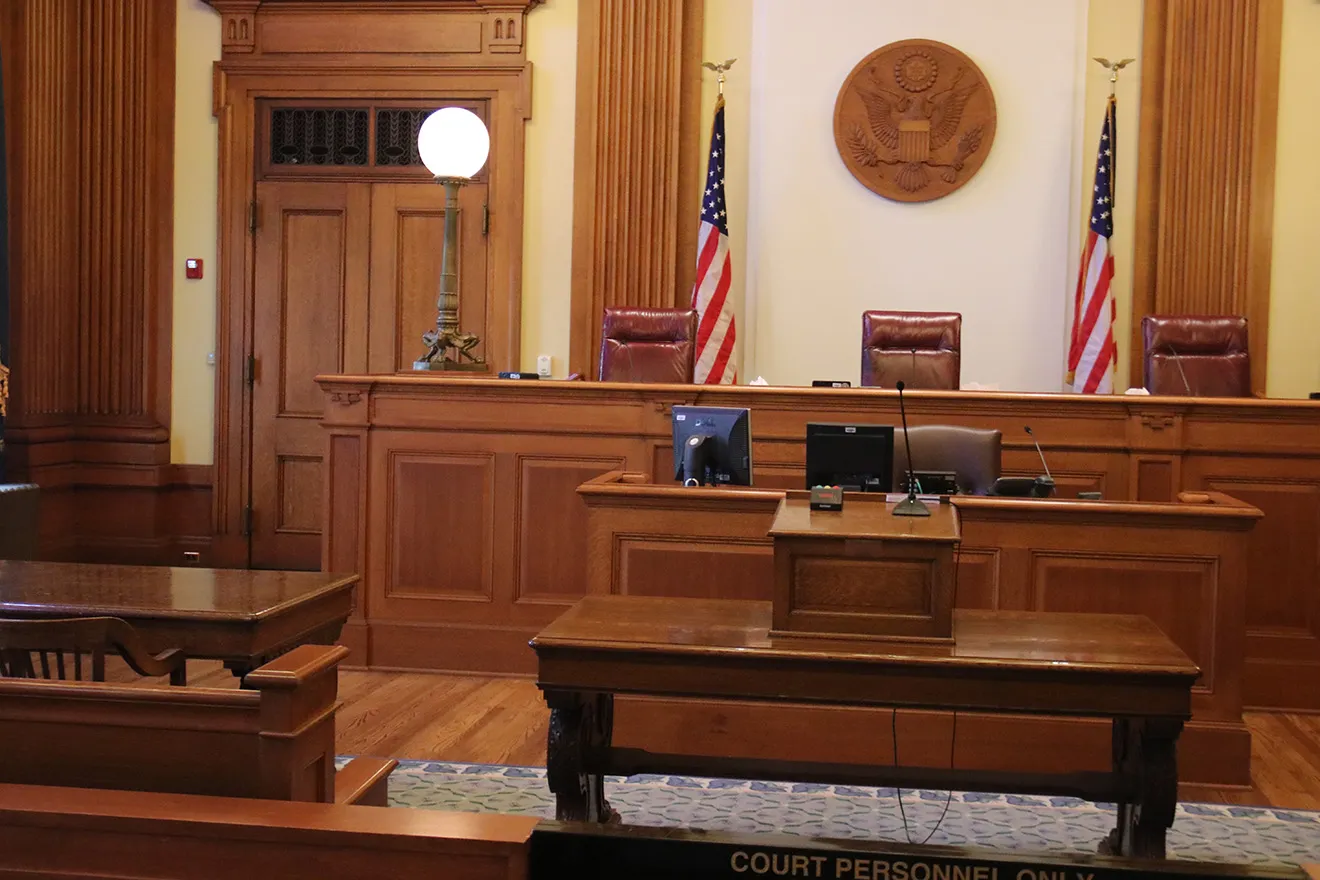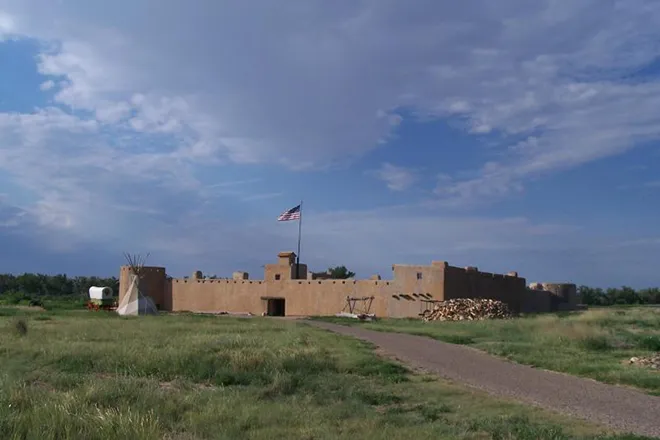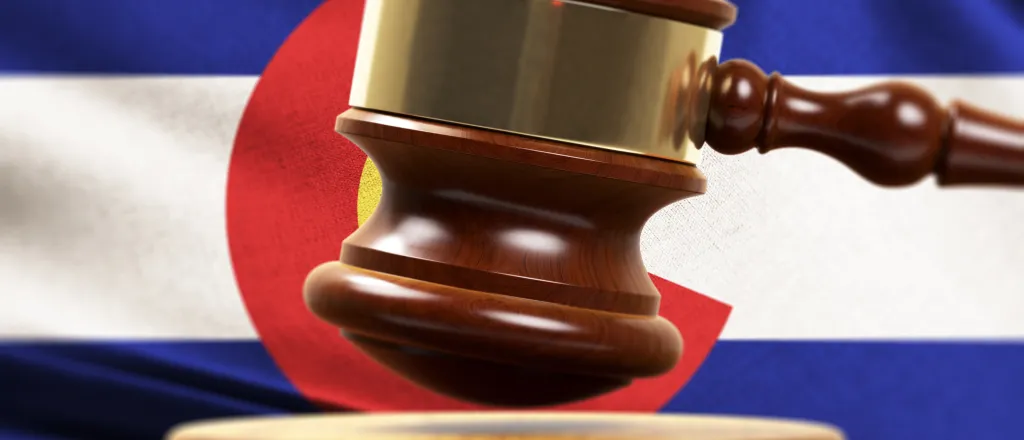
Federal judge in Denver issues injunction against Trump’s Alien Enemies Act removals
A federal judge in Denver on Tuesday ruled that the Trump administration’s effort to deport immigrants under the Alien Enemies Act “exceeds the scope” of the centuries-old wartime law and granted a preliminary injunction against any such removals of detainees held in Colorado.
The 25-page ruling from U.S. District Court Judge Charlotte Sweeney extends indefinitely a block on Alien Enemies Act removals that she had granted in a temporary restraining order last month. Sweeney also issued an order certifying the case, which was brought by lawyers for the American Civil Liberties Union on behalf of two Venezuelan nationals detained in Aurora, as a class action.
The injunction bars President Donald Trump’s administration “from detaining, transferring, or removing Petitioners and members of the certified class under the Act … from the District of Colorado.” More than 100 people detained at the Immigration and Customs Enforcement detention center in Aurora could be affected, ACLU attorneys have estimated.
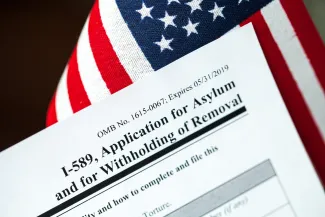
The injunction followed similar orders by a federal judge in New York earlier on Tuesday and another in Texas last week. A wave of litigation has followed in the wake of Trump’s March 14 invocation of the Alien Enemies Act and subsequent deportation of 137 migrants to El Salvador’s so-called Terrorism Confinement Center, or CECOT, a maximum-security prison criticized by human rights groups for its crowded and abusive conditions.
Passed in 1798, the Alien Enemies Act has been invoked on only three previous occasions and only during war, most recently during World War II as the basis for the incarceration of noncitizens of Japanese, German and Italian descent. The Trump administration seeks to use it to expedite the removals of people it claims are part of an “invasion” of the United States by the Venezuelan gang Tren de Aragua.
About 90 percent of the deportees sent to CECOT last month had no criminal record, according to Bloomberg. At least one, Kilmar Armando Abrego Garcia, was removed as a result of an “administrative error,” while advocates, attorneys and family members for other deportees say that they were falsely identified as gang members because of tattoos honoring family members or their favorite soccer team. Trump has openly floated plans to send American citizens to CECOT next.
The plaintiffs in the Colorado case, who are identified in court documents by their initials, D.B.U. and R.M.M., say they have been falsely identified as TdA members by the Trump administration and fear imminent deportation to the CECOT facility.
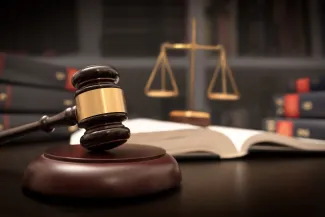
Sweeney’s injunction reiterates many of her findings from an April 22 temporary restraining order, including a judgement that Trump’s invocation of the Alien Enemies Act is likely unlawful because the statute requires “military action” by a “foreign nation or government.”
She again dismissed claims by the Trump administration that the court lacks jurisdiction because the plaintiffs are not currently designated for removal under the Alien Enemies Act. In court proceedings, Trump’s Department of Justice has defended the administration’s practice of providing as little as 12 hours’ notice to detainees to indicate they wish to contest their designation as alien enemies.
“Fundamentally, the Court concludes R.M.M. and D.B.U. face a sufficient risk of wrongful and harmful deportation under the Act and Proclamation, and that other class members certainly do as well,” Sweeney wrote.
Her ruling also had harsh words for the Trump administration’s argument, in an April 30 filing in opposition to a preliminary injunction, that determining whether the Alien Enemies Act was properly invoked “is the President’s call alone; the federal courts do not have a role to play.”
“This sentence staggers. It is wrong as a matter of law and attempts to read an entire provision out of the Constitution,” wrote Sweeney, referring to the first section of the Constitution’s article that establishes the federal judicial branch.




